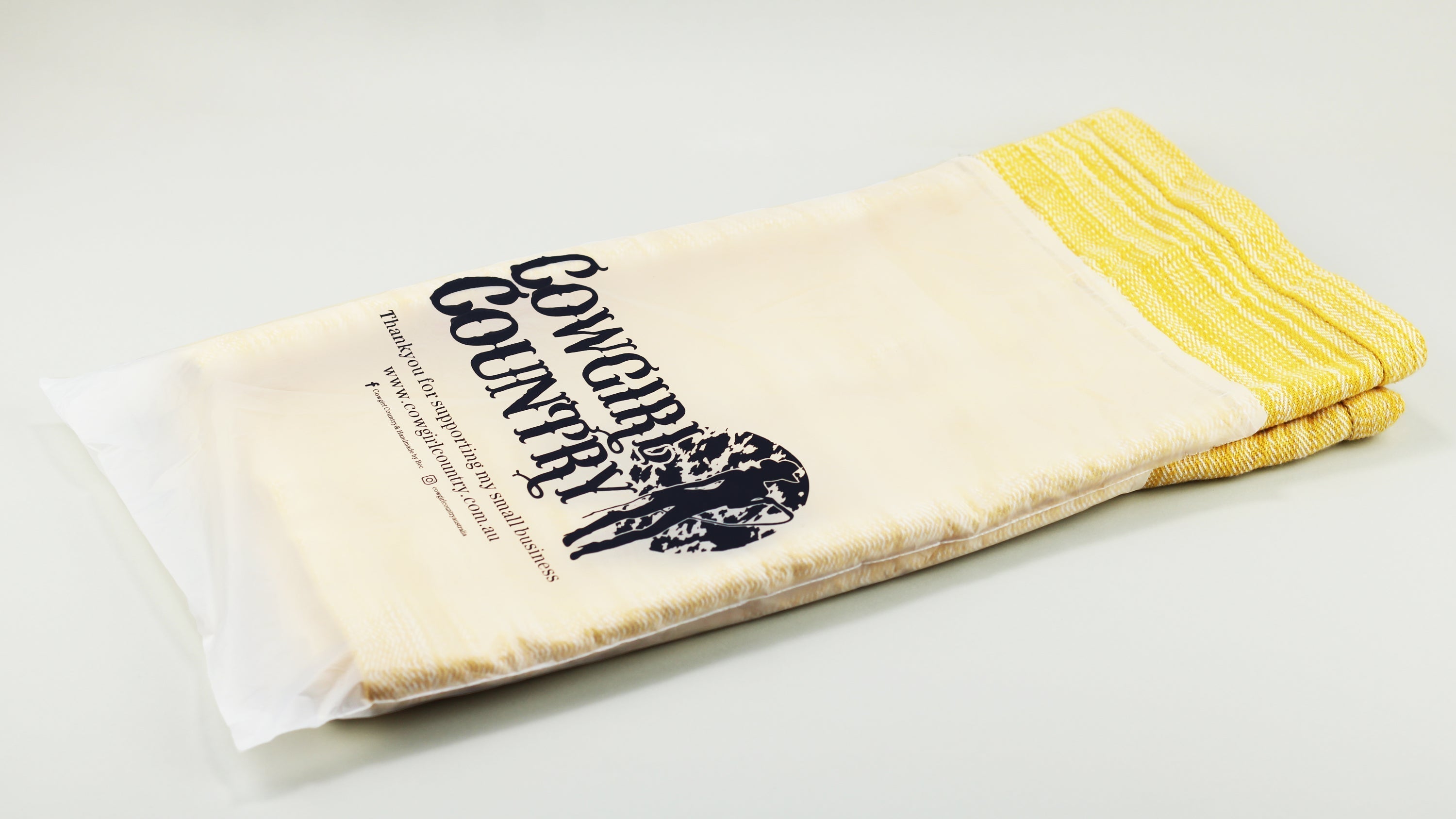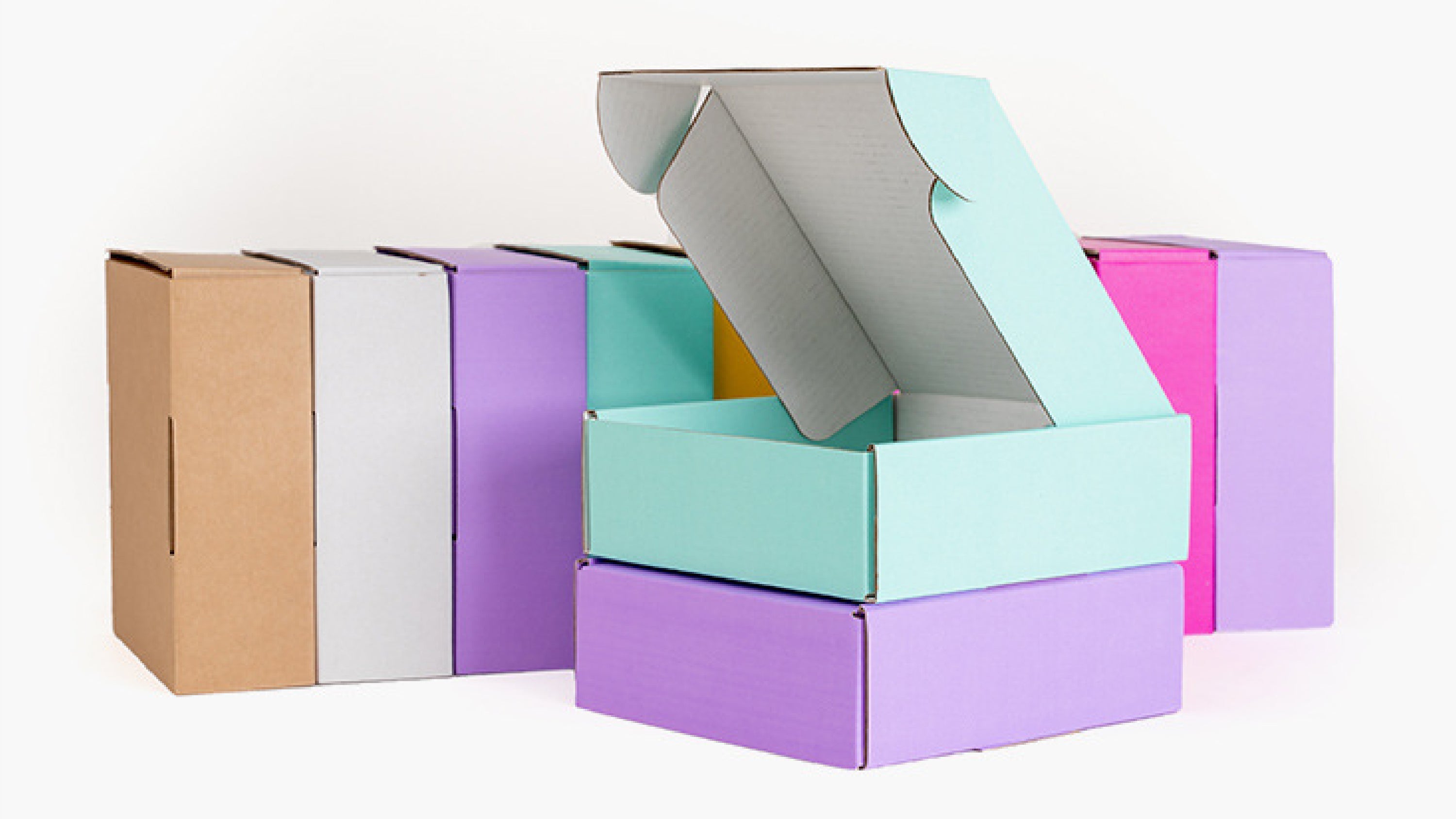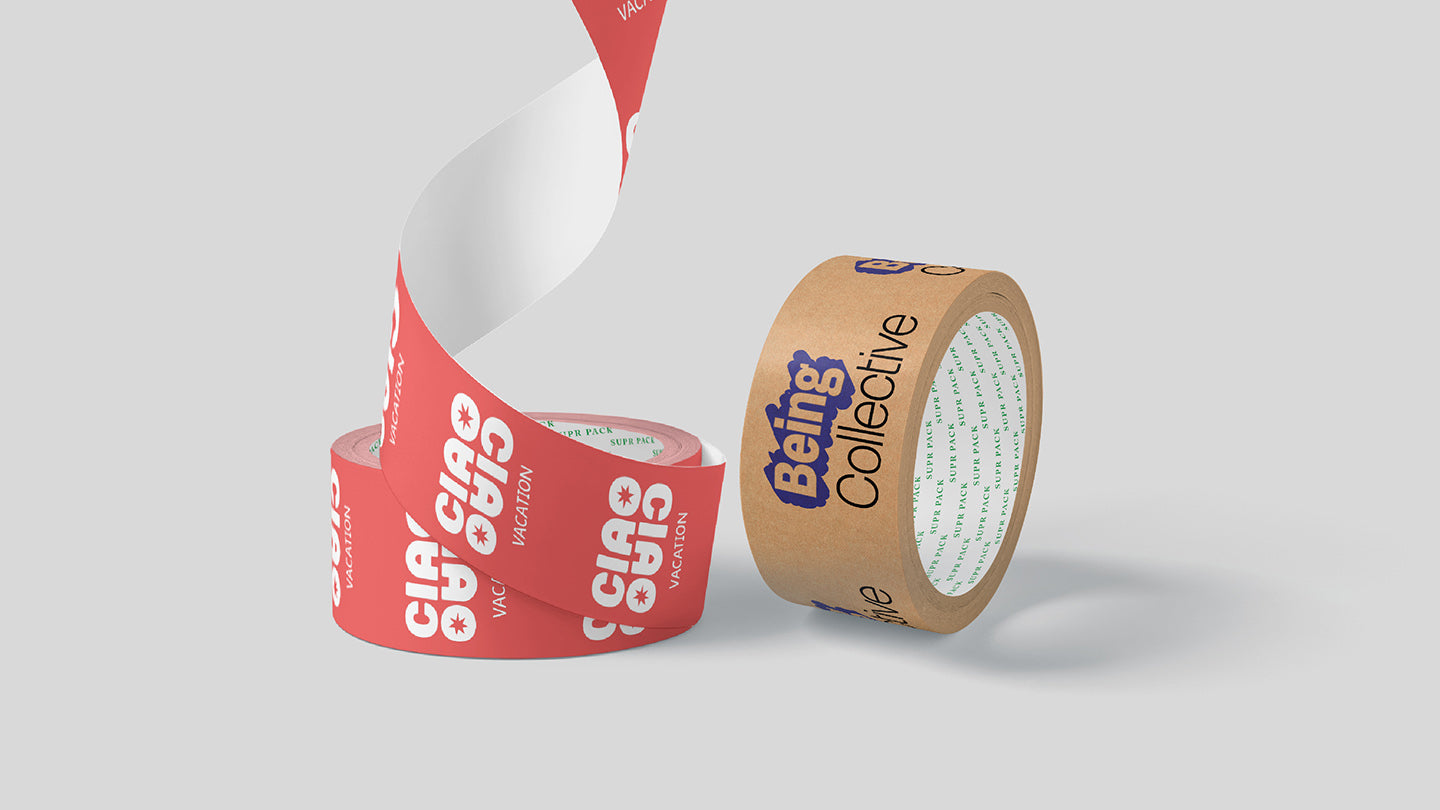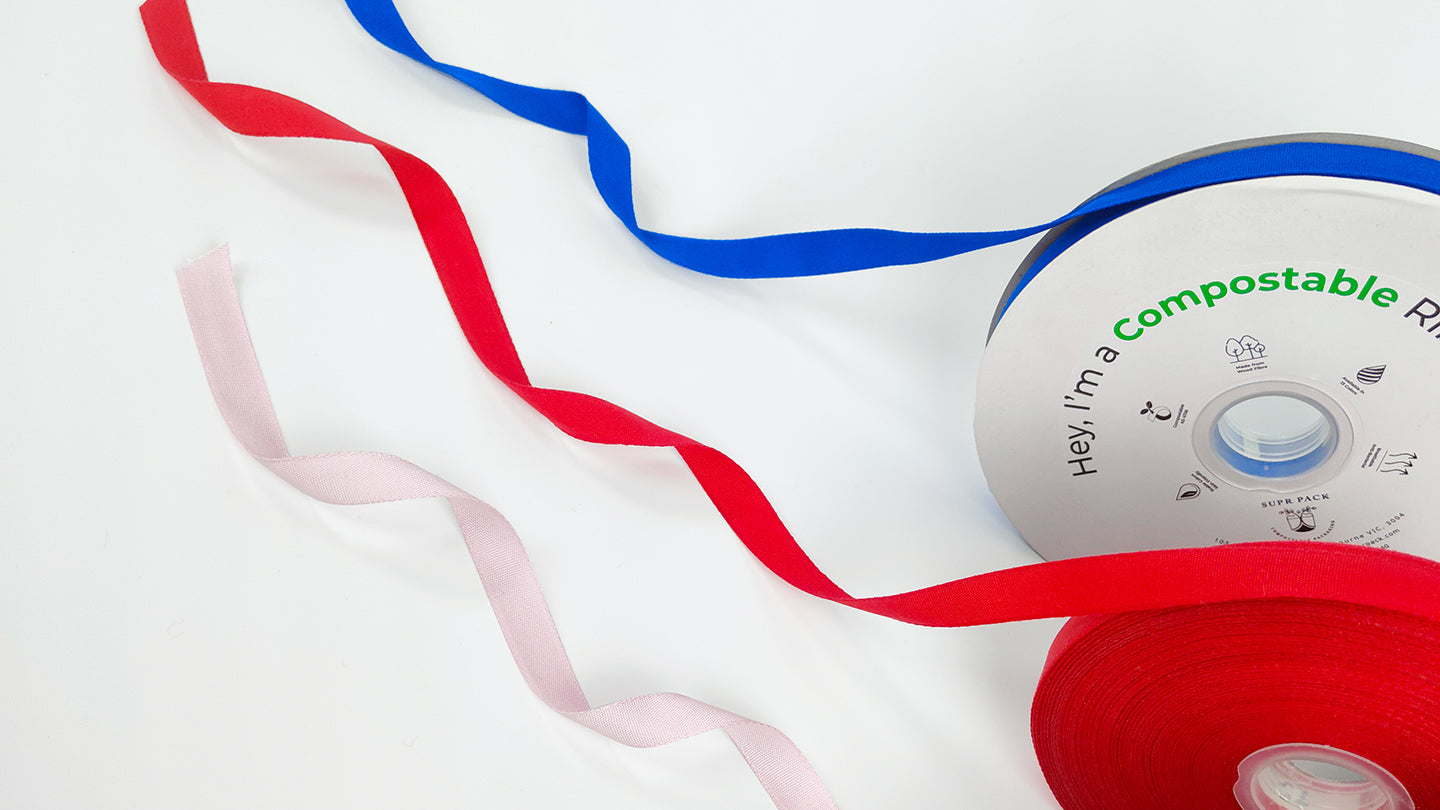Embracing a Greener Future through Eco-Friendly Packaging
In the modern era, where environmental consciousness is a major driving force in shaping your customer choice and business practices, the packaging industry finds itself at crossroads. Eco-friendly packaging has emerged as a beacon of hope illuminating a path toward sustainability and responsible consumption. In this guide, you can learn about the importance of eco-friendly packaging and adapting Custom Compostable Mailers.
The importance of sustainability in packaging
While important for product protection on transportation, packaging has historically cast a shadow on the environment. The amount of packaging based, generally nonbiodegradable and nonrecyclable, has contributed to pollution and depletion of natural resources. As public awareness about the consequences has grown, you must understand the ever-increasing pressure to address your environmental footprint. You should consider using packaging like Printed Tissue Paper instead of relying on plastic.

The importance of Sustainability in Packaging
- Packaging waste contributes to landfills, ocean pollution, and greenhouse gas emissions. Sustainable packaging looks forward to mitigating these side effects through responsible material choices and waste reduction.
- Consumers today are becoming more conscious about the environmental impact of their purchasing decisions. You need to prioritize the stability in your packaging practices, and you will attract environmentally conscious consumers easily.
- When governments and regulatory bodies are also implementing stricter regulations on packaging based, you can adopt sustainable packaging and navigate compliance effectively.
The rise of Custom Compostable Mailers:
- Among all the eco-friendly packaging solutions, custom compostable mailers have gained a lot of prominence. These mailers are likely to be a form of packaging that can be broken down into organic matter and reintegrated into the soil through composting.
- The custom compostable mailers are made from plant-based materials like sugar cane or potatoes. These materials are renewable and minimize the dependency on fossil fuels.
- Unlike typical packaging, which can persist in the environment for centuries, the custom compostable mailers just break down within a short time frame, around 12 months. They can be composed in commercial or home composting systems contributing to nutrient-rich soil.
- The disposable of traditional packaging contributes to overflowing landfills. The custom compostable mailers minimize the burden by returning to the earth composed. Besides custom-compostable mailers, you can also choose a Custom Zip lock Bag.
- Custom compostable mailers offer businesses a unique opportunity to stand out in the competitive market. You can convey your commitment to a greener future by embracing sustainable packaging.

Advantages of Custom Compostable Mailers:
- Custom compostable mailers generally offer a closed-loop solution as they can easily be composted and returned to the earth without leaving any waste behind.
- Custom compostable mailers can be customized to different sizes and designs, accommodating various products while aligning with sustainability practices.
- You can align your brand with sustainable values by incorporating custom compostable mailers in your packaging strategy. This fosters customer loyalty and also improves brand reputation.
- Eco-friendly packaging has its roots firmly planted in the principles of listenability, and it is redefining the packaging landscape. As minimizing environmental impact becomes increasingly urgent, you must understand the value of adopting sustainable practices. The rise of custom compostable mailers indeed stands as a test attainment to the evolution.
When you choose Supr Pack, your hunt for the best custom compostable Mailer gets over. These mailers embody the essence of circularity, offering an alternative to the liner consumption model that dominates packaging practices. By embracing these mailers, you can demonstrate your commitment to minimizing waste and protecting natural resources.













































